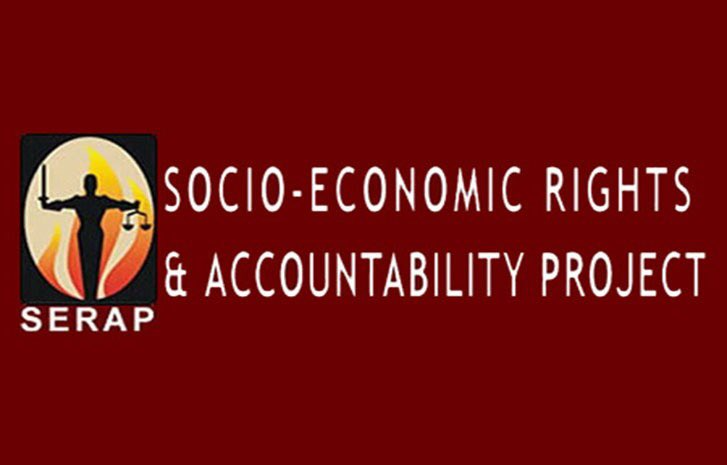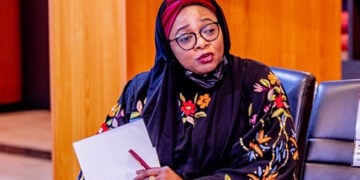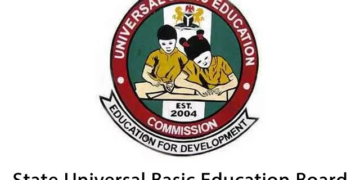The Socio-Economic Rights and Accountability Project (SERAP) has called on the National Assembly to investigate allegations that lawmakers pay up to N3 million to present bills, motions and petitions before the two assembly chambers.
SERAP, which made the demand in an open letter addressed to Senate President Godswill Akpabio and the speaker of the House of Representatives, Tajudeen Abbas, asked the lawmakers to refer the matter to anti-corruption agencies for investigation and prosecution of those involved.
The civil society organisation also urged Akpabio and Abbas to identify any individuals implicated in the alleged bribery and ensure the recovery of funds obtained through corrupt practices.
SERAP also maintained that the whistleblower Ibrahim Auyo, a member of the House of Representatives from Jigawa (APC), who made the allegations of “bribes for bills, motions, and petitions must be protected.
Auyo recently claimed in a viral video, recorded in Hausa, that members of the National Assembly pay between N1 million and N3 million each to present such legislative documents.
In a letter dated August 16, 2025, and signed by SERAP deputy director Kolawole Oluwadare, the organisation stated that the allegations that lawmakers pay bribes to present motions, bills, and proposals at the National Assembly represent a serious violation of public trust and the constitutional oath of office of lawmakers.
It further insisted that legislators should not be required to pay bribes to present motions and bills at the National Assembly and that bribery must never influence legislative duties or the functioning of the National Assembly.
SERAP said the claims of quid pro quo in lawmaking severely undermine the democratic rights of Nigerians.
The organisation also maintained that the allegations that lawmakers are paying up to N3 million in bribes for presenting motions and bills undermine the legislative powers granted under Section 4 of the Nigerian Constitution 1999 (as amended).
SERAP threatened that if its demands are not met within seven days of receipt of this letter, it will consider pursuing appropriate legal actions to compel the National Assembly to respond to its requests in the public interest.
It believes that referring these allegations to the Economic and Financial Crimes Commission (EFCC) and the Independent Corrupt Practices and Other Related Offences Commission (ICPC) would enhance public confidence in the National Assembly’s leadership and commitment to accountability in legislative functions.
SERAP emphasised that Ibrahim Auyo is protected as a whistleblower under Article 33 of the UN Convention against corruption due to his public disclosures regarding alleged bribery in the legislative process.
The organisation stressed that Section 15(5) of the Nigerian Constitution mandates public institutions, including the National Assembly, to eliminate all corrupt practices and abuses of power.
“Nigeria has also made legally binding commitments under the UN Convention against corruption to prevent and combat corruption, including bribery. These commitments must be fully upheld and respected,” SERAP stated.





